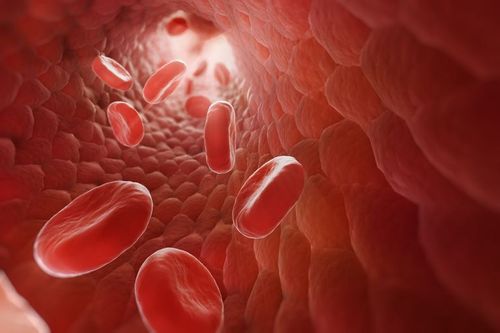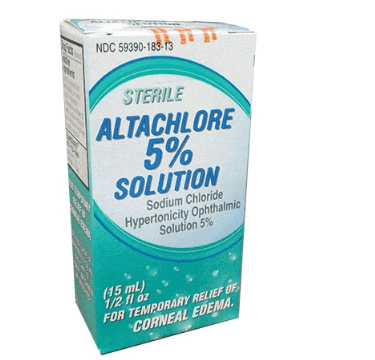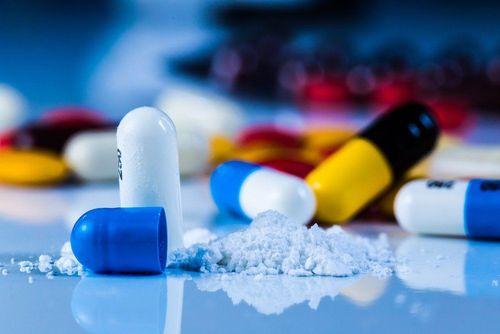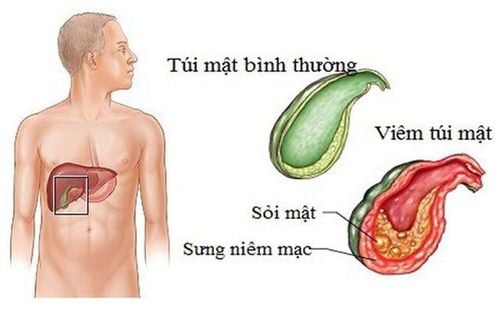This is an automatically translated article.
The article is professionally consulted by Dr. Huynh Kim Long - Emergency Department - Vinmec Danang International Hospital.
Infection if not detected and treated promptly can lead to septic shock and multi-organ failure, threatening the health and life of the patient.
1. What is septic shock? What is multiple organ failure?
Septic shock is a state of acute circulatory failure, which reduces blood supply to organs, promotes long-lasting inflammatory and metabolic reactions, which can lead to multi-organ failure and even death.
Multi-organ failure is an acute development of a pathological process due to infection or non-infection. Multi-organ failure is defined as failure of at least 2 organs (usually liver failure, kidney failure, respiratory failure,...) and lasts for at least 24 hours.
Infections account for 60-81.5% of multi-organ failure cases. The mortality rate in patients due to infectious causes is also higher than many other causes, accounting for 40-60% of cases.
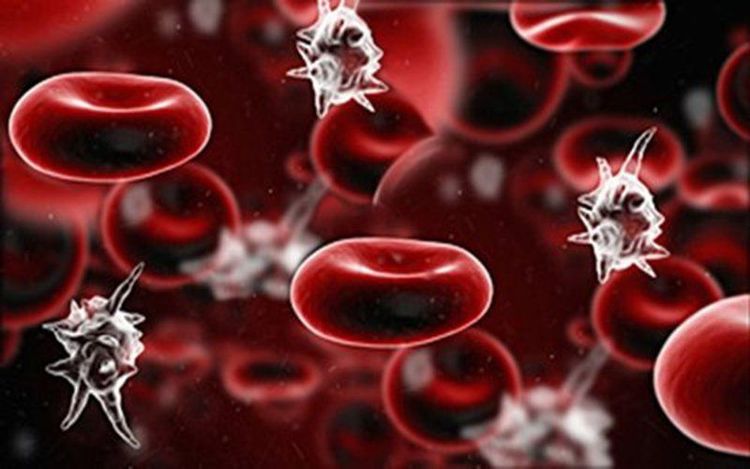
2. Why does septic shock cause multiple organ failure?
Septic shock causes multi-organ failure by the following mechanism:
Infectious agents (bacteria, viruses or parasites) induce a systemic inflammatory response, releasing inflammatory cytokines. This condition upsets the balance between inflammatory factors and anti-inflammatory factors (the inflammatory factor is stronger than the anti-inflammatory factor) leading to secondary organ damage and creating a spiral of multi-organ damage. (multiple organ failure).
3. Types of infections that cause multi-organ failure
Multi-organ failure due to sepsis is a condition where bacteria enter the bloodstream from the following sites:
Infections of the skin, soft tissues, muscles and joints,... Gastrointestinal tract infections: Biliary tract infections, enteritis, biliary tract abscess, liver abscess, severe acute pancreatitis with infection,... Respiratory tract infections: Bronchitis, pneumonia, lung abscess, empyema,... Urinary system infections: Pyelonephritis, pyelonephritis, cystitis,... Nervous system infections including brain abscess, pyelonephritis,... Some other common infections such as acute endocarditis and sub-level,...
4. How to deal with multi-organ failure due to infection
4.1. Treatment principles Treat multiple organ failure according to the following principles:Treatment of infectious causes: Treat the infection with antibiotics. Supportive treatment of organ failure. 4.2. First aid and emergency transportation Ensure breathing and circulation to maintain the patient's life by the following measures:
Do fluid testing in patients with hypotension due to infection, ensure the average blood pressure from 65 mmHg or more. Ensure breathing: by means of providing oxygen to the patient such as oxygen glasses, using a mask,... Using vasopressors to ensure the patient's blood pressure. 4.3. Specific measures Volume replacement
Infusion as soon as the patient is hypotensive to replace the intravascular volume (note to avoid causing acute hemodynamic pulmonary edema due to excess fluid). Do a fluid test until the desired central venous pressure is reached. The type of solution is 0.9% Sodium Chloride crystalline solution or Ringerlactate combined with Gelatin or Albumin solution. Infusion line: the peripheral line must be large enough or place 2-3 lines, a central venous catheter can be placed to compensate for fluid in case the patient has hypotension. Use vasopressors
Use vasopressors only when adequate fluid resuscitation is available. Use the drug exactly as directed for each specific case. Diagnosing the cause of infection and using antibiotics
Identify the source of infection by clinical examination combined with imaging, microbiology,... before using antibiotics. To resolve the infection, priority should be given to less invasive methods such as drainage, aspiration... In case of unpredictable prognosis or limited results, surgery. Administer intravenous antibiotics as soon as possible, within the first hour after blood culture, if possible. Use broad-spectrum antibiotics according to empiric antibiotic therapy. Combination of antibiotics in necessary cases. The dose of antibiotics should be based on creatinine clearance in the presence of renal failure. Use Corticosteroid
Apply when shock is poorly responsive to vasopressors or vasopressors have not been removed after 48 hours. Note: may aggravate the infection if empiric antibiotic therapy is not appropriate and causes hyperglycaemia. Blood sugar control: Follow your doctor's orders.
Prophylactic treatment of complications
Treatment of venous thrombosis. Treatment of gastrointestinal bleeding. Mechanical ventilation in case of lung damage, advanced respiratory failure: As prescribed by the doctor.
Continuous hemodialysis
Continuous dialysis as soon as possible after septic shock is diagnosed and the source of infection must be controlled. Dialysis should be performed only when the systolic blood pressure is above 90 mmHg. Discontinue continuous dialysis when vasopressors have been removed for at least 12 hours and blood pressure is stable, with intermittent dialysis possible if indicated. Transfusion of blood and blood products: As prescribed by the doctor.
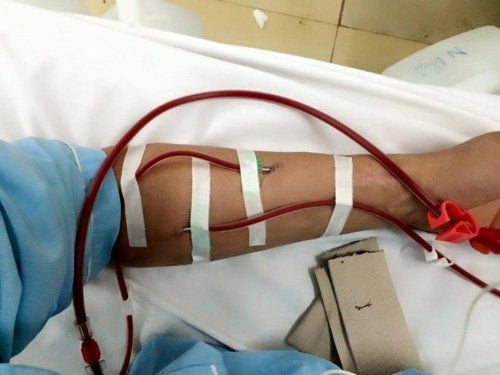
5. Where is the best treatment for septic shock?
Emergency continuous dialysis is the method applied to cases of septic shock and multi-organ failure. Currently, Vinmec International General Hospital is applying this technique to effectively treat patients' health problems.
The advantages of emergency continuous dialysis technique are the success rate of over 95%, fast detoxification for patients, high safety, helping patients quickly recover health, limit mortality and have the ability to eliminate toxins that normally are difficult for the liver, kidneys and body to eliminate (toxins, antigenic complexes, antibodies or mediators).
When performing this technique at Vinmec, patients can be completely assured because Vinmec owns a system of advanced and modern medical equipment; top quality professional service. Special techniques are performed by a team of highly qualified and well-trained doctors.
Please dial HOTLINE for more information or register for an appointment HERE. Download MyVinmec app to make appointments faster and to manage your bookings easily.





